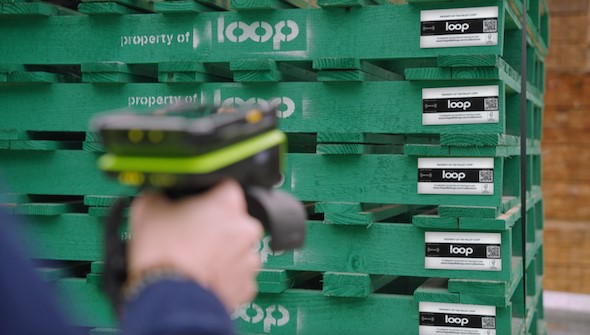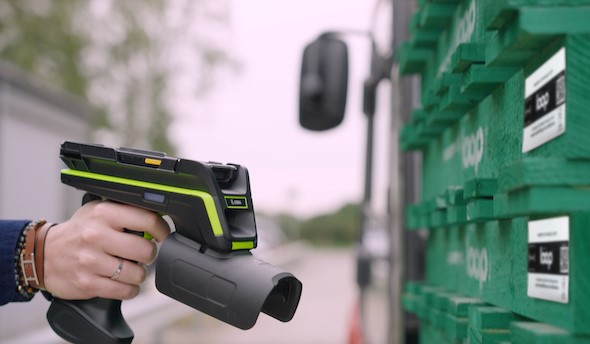Dan Starnes, Sales Director, goplasticpallets.com, argues that plastic pallets are the smarter choice for logistics managers.
For supply chain managers and logistics professionals, the ‘plastic pallets versus wooden pallets’ debate is the modern-day logistics dilemma. Although wooden pallets have traditionally been the go-to, plastic pallets have well and truly emerged as a superior alternative offering many benefits.
“Why should I switch from wooden to plastic pallets?” is the most common question our team is asked on any given week, so we are well-versed on the advantages when it comes to making that change.
Firstly, plastic pallets offer supreme strength and reliability over their wooden counterparts and have a proven track record in all types of automated handling scenarios. They are robust, consistent, and offer an ideal solution for heavy loads and complex tasks, supporting a higher load capacity than wooden pallets. They are also safe and easy to handle. Unlike wooden pallets, there are no nails, sharp edges or splinters, which also helps to minimise damage to products that are being stored or shipped. Plastic pallets are easier to wash and keep clean, whilst they are
impervious to moisture, weak acids and alkalis, which is a common problem for wooden alternatives.
Lower Freight Rates
Plastic pallets are lighter than wooden units (they tend to be about 30% lighter than wooden pallets of the same size and design), so freight rates are generally lower, whether by road, rail, sea or air, making them ideal for exports. They are also exempt from the ISPM15 rules for heat-treated wooden packaging, which minimises the risk of valuable consignments being held up during the customs process. Additionally, nestable plastic pallets are helping our customers to save valuable space when they are not in use or during return journeys, helping to save both money and carbon emissions.
There are now a huge variety of plastic pallets available to logistics managers. Through our network of exclusive partnerships with leading manufacturers, we offer the UK’s most comprehensive range of plastic pallets, allowing our team to find the perfect fit for any application or type of business – whether that comes down to size, weight, load capacity, an open or closed deck, or whether they are made from recycled or virgin-grade plastic. For example, we work with several major food manufacturers who use our hygienic pallets during the production process, whilst opting for recycled, lighter pallets for distribution once the finished products have been packaged.
Sustainable Credentials
Finally, and the most important consideration for our business, plastic pallets are far more sustainable. The pallets we supply will often last 10 to 15 years within the supply chain, offering an eco-friendly alternative to traditional wooden pallets, which are often discarded after a few supply chain cycles and contribute to deforestation.
At the end of a plastic pallet’s lifespan, it can be recycled into a new pallet. Through our own industry-leading recycling scheme (we’ve now recycled more than 1,800 tonnes of plastic), we are helping our customers to play their part in the circular economy.
Cost Benefits
At this point of the conversation, we are normally asked, “but plastic pallets are more expensive, aren’t they?”. There is no denying they are more expensive than their wooden counterparts,
although the gap is tightening due to rises in global timber prices. If you are choosing pallets for multiple deliveries over many years, then plastic pallets will offer significant savings.
For example, and I’ll keep this relatively simple, if you purchase 5,000 plastic pallets at £40 each, you’ll have spent £200,000, twice the cost of 5,000 new wooden pallets at £20 each. However,
you are likely to replace around 35% of the wooden pallets each year due to breakages, compared to just 10% of the plastic pallets over five years. Therefore, at the end of the five-year period, the total cost of the plastic pallets would be £220,000, less £20,000, which is their recycling value at the end of their life. Meanwhile, the total cost of the wooden ones would be £275,000. After 10 years, the savings are even more substantial. When it comes to operational efficiency, safety, and total cost of ownership, plastic pallets win hands down.
similar news
Wooden pallet industry sets sustainability goals







